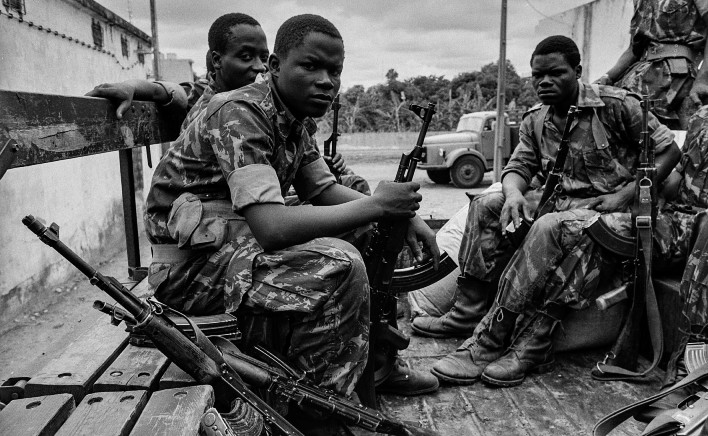
By invitation only.
OS CONTINUADORES DA REVOLUÇÃO
THE FOLLOWERS OF THE REVOLUTION
Pedro Neves
DOC, PRT, MOZ, FRA, 91’
On the light table, I examine thousands of negatives photographed by Manuel Roberto in Mozambique. They were taken during the government of Samora Machel, the first post-independence president. In these images, I find the story of a country that sought to become the best People’s Republic in the world. I find myself surrounded by ghosts whispering the echoes of the Portuguese and Mozambican revolutions.
Completion date: February 2026
Production: Red Desert (PRT), JBA Production (FRA), Incomati Films (MOZ)
Contact: pedronevescs@gmail.com